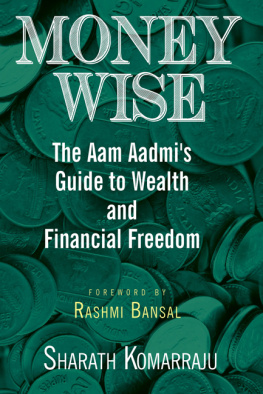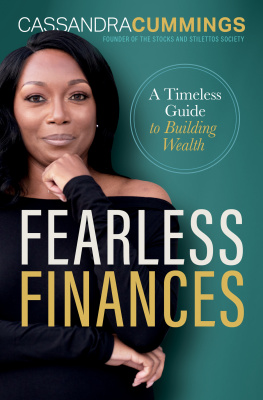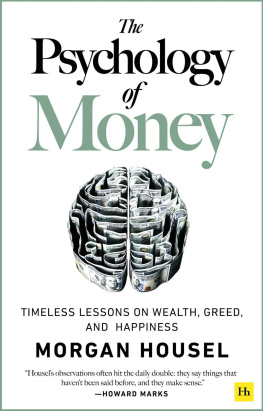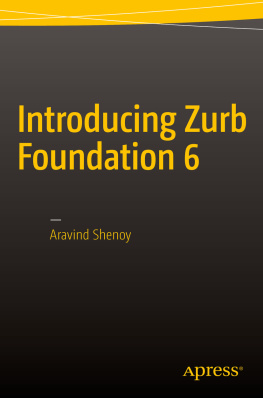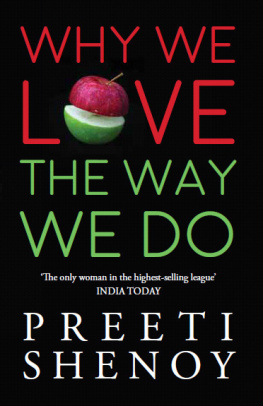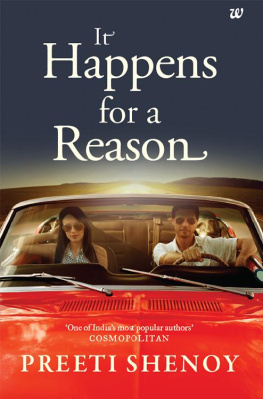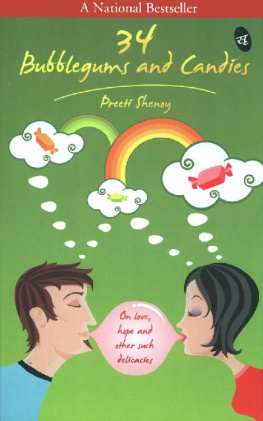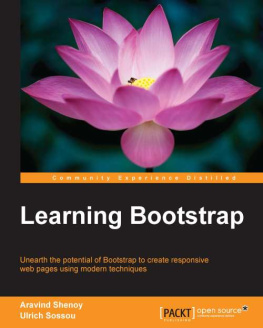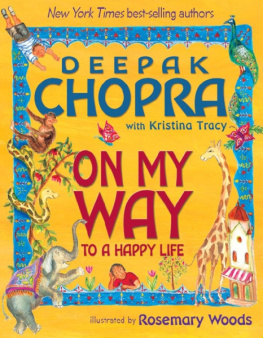Deepak Shenoy - Money Wise: Timeless Lessons on Building Wealth
Here you can read online Deepak Shenoy - Money Wise: Timeless Lessons on Building Wealth full text of the book (entire story) in english for free. Download pdf and epub, get meaning, cover and reviews about this ebook. year: 2021, genre: Romance novel. Description of the work, (preface) as well as reviews are available. Best literature library LitArk.com created for fans of good reading and offers a wide selection of genres:
Romance novel
Science fiction
Adventure
Detective
Science
History
Home and family
Prose
Art
Politics
Computer
Non-fiction
Religion
Business
Children
Humor
Choose a favorite category and find really read worthwhile books. Enjoy immersion in the world of imagination, feel the emotions of the characters or learn something new for yourself, make an fascinating discovery.

- Book:Money Wise: Timeless Lessons on Building Wealth
- Author:
- Genre:
- Year:2021
- Rating:4 / 5
- Favourites:Add to favourites
- Your mark:
- 80
- 1
- 2
- 3
- 4
- 5
Money Wise: Timeless Lessons on Building Wealth: summary, description and annotation
We offer to read an annotation, description, summary or preface (depends on what the author of the book "Money Wise: Timeless Lessons on Building Wealth" wrote himself). If you haven't found the necessary information about the book — write in the comments, we will try to find it.
Money Wise: Timeless Lessons on Building Wealth — read online for free the complete book (whole text) full work
Below is the text of the book, divided by pages. System saving the place of the last page read, allows you to conveniently read the book "Money Wise: Timeless Lessons on Building Wealth" online for free, without having to search again every time where you left off. Put a bookmark, and you can go to the page where you finished reading at any time.
Font size:
Interval:
Bookmark:
Money Wise
Money Wise
Timeless Lessons on Building Wealth
Deepak Shenoy

Contents
Mutual Funds. Get someone else to do
your investing
To Dad, my greatest inspiration
Start
The Beginning
The story of investing
My father passed away nearly 25 years ago, in 1997. In an effort to finally clear out his effects, I was going through a box of really old papers some dating back to 1977. This included stuff like our correspondence with the bank he worked for after he passed on, how it all panned out, and so on. It took me a few hours, and I went through a spectrum of emotions as I realized how my dad had invested and saved his money.
He had a loan for a house, topped up with another loan because the builder refused to finish the property unless we paid more. A set of life insurance policies against this loan was also there, as a second security; essentially the house and the life insurance policies were collateral for a housing loan.
And there was another loan against shares taken at nearly 19 per cent interest. He would take his savings and invest them in shares, and to discourage himself from selling, hed put that as collateral against an account, from which he would draw money for urgent expenditure.
After he passed away, nearly all the settlement received an untaken leave encashment, gratuity and provident fund, along with the insurance policies went entirely to pay off the housing loan and the loan against the shares.
At first glance it looked crazy because he made very little as a salary, and very little of that was left to save, and hed put all of those savings into shares of companies whenever he could. I was working, and my mom had the house, so it wasnt too bad. But it made me realize the implications of having worked thirty-five years, and having very little actual cash left at the end.
But thats not the story. The story is that once we paid up the loans, we may have had very little cash, but we had the shares, now freed from the loan collateral. Mom still has these shares today.
In the next twenty years these shares went on to make my mom more than 50x of what my dad had paid. Now, she gets as much dividend per year as the entire portfolio was valued at in 1997. And all this comes from just eight companies.
My dad bought into a lot more than eight companies. This was a time when people owned physical shares, so I have the share certificates of many companies some thirty to forty companies in all. Some of these businesses dont even exist any more they just died. Some have gone private. I guess only 2025 per cent of the companies we owned continue to be in business. Among the survivors too, some were gobbled up or broken up. Brooke Bond became part of Hindustan Unilever, L&T split into L&T and UltraTech, and so on.
Think it through. Out of nearly forty companies, only eight survived. But those eight have given us superlative returns for over twenty years. If you valued the entire portfolio of forty companies in 1997, the return even with that low survival rate translates to 17.7 per cent for one year compounded over twenty-four years thats a 50x return.
One key factor here: There was no selling, most of the time. Thats largely because for the first few years we had no idea how to sell. After that, there was no inclination to do so either. And there was no attempt to rejig the portfolio, even as the value of the shares swung about. The returns went from 50 per cent up in one stock, to about 35 per cent up in another, while the first big winner reduced in value to half its original price, and so on.
The lessons to be learnt
There are so many lessons here.
The first lesson: Let the money compound. What we call a mere 17 per cent return becomes a phenomenal 50x in twenty-four years. Only 17 per cent? What if it was, say, 15 per cent?
Fifteen per cent would multiply your money 28 times in twenty-four years; 12 per cent would only increase it 15 times. The multiplier you get lowers as returns come down, but it also means something deeper. We probably shouldnt expect those 25 per cent returns that every stock market investor seems to think is their birthright.
Compounding is a brilliant thing. What might seem like a very low number like 12 per cent will still, over a period of 25 years, see Rs 1,00,000 grow to Rs 15,00,000.
The second lesson: Money is made largely when you sleep. If you listen to rumours, then the markets will crash every second year, and you should take your money out. Just doing that takes you out of the game, and you have no idea when to get back in. The end result is that you just watch the markets go all the way up regardless.
Take end 2008. Globally investors were scared because a big Wall Street institution, Lehman Brothers, had gone bankrupt. And there was the fear that the collapse of insurance giant AIG would take the markets down again. Then in December 2008 came another massive scandal. A financier, Bernie Madoff, had falsified reports and essentially scammed his clients of billions of dollars.
The following January in India, Satyams CEO Ramalinga Raju confessed to having falsified his companys earnings. Stocks across the world continued to free-fall all the way till March 2009.
And then suddenly markets started to go up. There wasnt an easy explanation. Yet markets continued to rise. In financial parlance, theres a saying: Markets climb a wall of worry. They did, and indeed, within three months by June 2009 they were up 80 per cent from the bottom.
Your emotions wont let you invest because the market is high and yet, if you had waited for yet another bottom, it would simply not have come. Most of the money in the markets is made by having a position, not by standing outside the airplane wondering if its a good time to get in.
The third lesson: You dont need that much money to make money. You can start with nothing, or very little, really.
In todays terms, say you put Rs 3000 per week into an investment. Every week. Without fail. In a bank account. In fifteen years, you will have nearly 32 lakh rupees. (We assume banks will give just 4 per cent per year as interest. You saved Rs 23
lakh, the rest is that tiny bit of interest youve been making.)
As your income goes up every year, so must your savings. Lets say we decide to increase the weekly deposit by 5 per cent a year. First year, youre putting Rs 3000 a week. Second year, its 3150. Third year, its about 3300, and so on.
In the same fifteen years, you now have Rs 44 lakh. This is now starting to get serious.
What if you get 10 per cent returns? The stock markets have often done that in the past, and more than that too. At that rate, your Rs 3000 a week with 5 per cent increase every year, goes to Rs 71 lakh rupees in fifteen years.
My fathers savings earned a return of 17 per cent. Those were great times, we know, but if the markets do 17 per cent, youll end up with Rs 1.3 crore in fifteen years. Thats a game changer.
This is by using savings that might be relatively small. Many of you wont even notice a Rs 3000 per week saving; and itll start to grow, while you sleep.
So the ways to making money in the markets are...
... described in the rest of the book. Remember its not the way . Its many different ways, using many different mechanisms. You dont have to find the one holy grail. The eventual point is to do one thing: Prosper.
The most commonly asked question is: What do I invest in that will make money? This is often the wrong question. Because the answer is: Work and get paid.
This is not me making a silly joke. The first crore you make will largely come from your income, from the work you do. Your profession will pay you a salary, or your business will generate the cash, or youll join a start-up, which is acquired and, voila, you have some money.
Next pageFont size:
Interval:
Bookmark:
Similar books «Money Wise: Timeless Lessons on Building Wealth»
Look at similar books to Money Wise: Timeless Lessons on Building Wealth. We have selected literature similar in name and meaning in the hope of providing readers with more options to find new, interesting, not yet read works.
Discussion, reviews of the book Money Wise: Timeless Lessons on Building Wealth and just readers' own opinions. Leave your comments, write what you think about the work, its meaning or the main characters. Specify what exactly you liked and what you didn't like, and why you think so.

